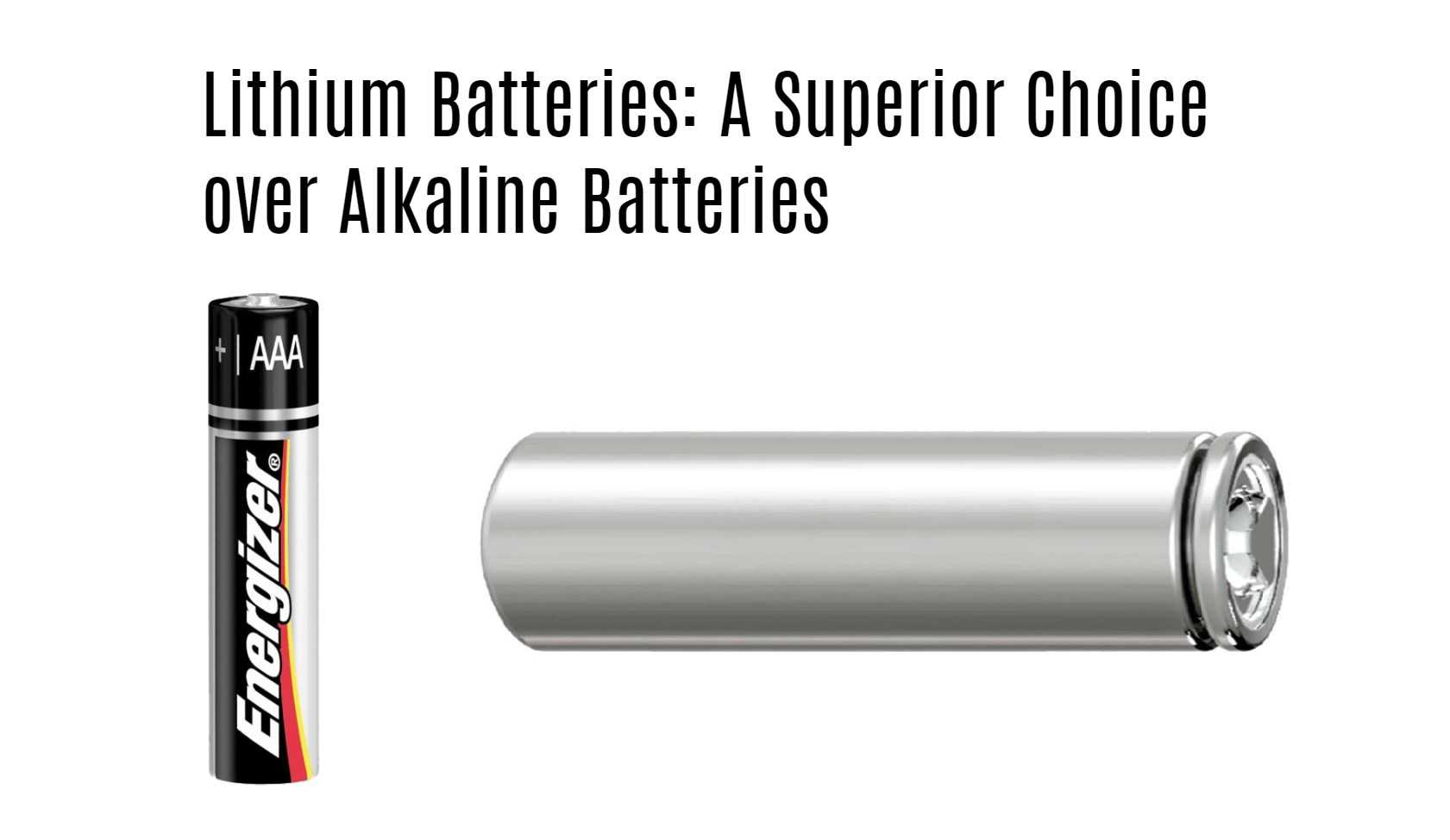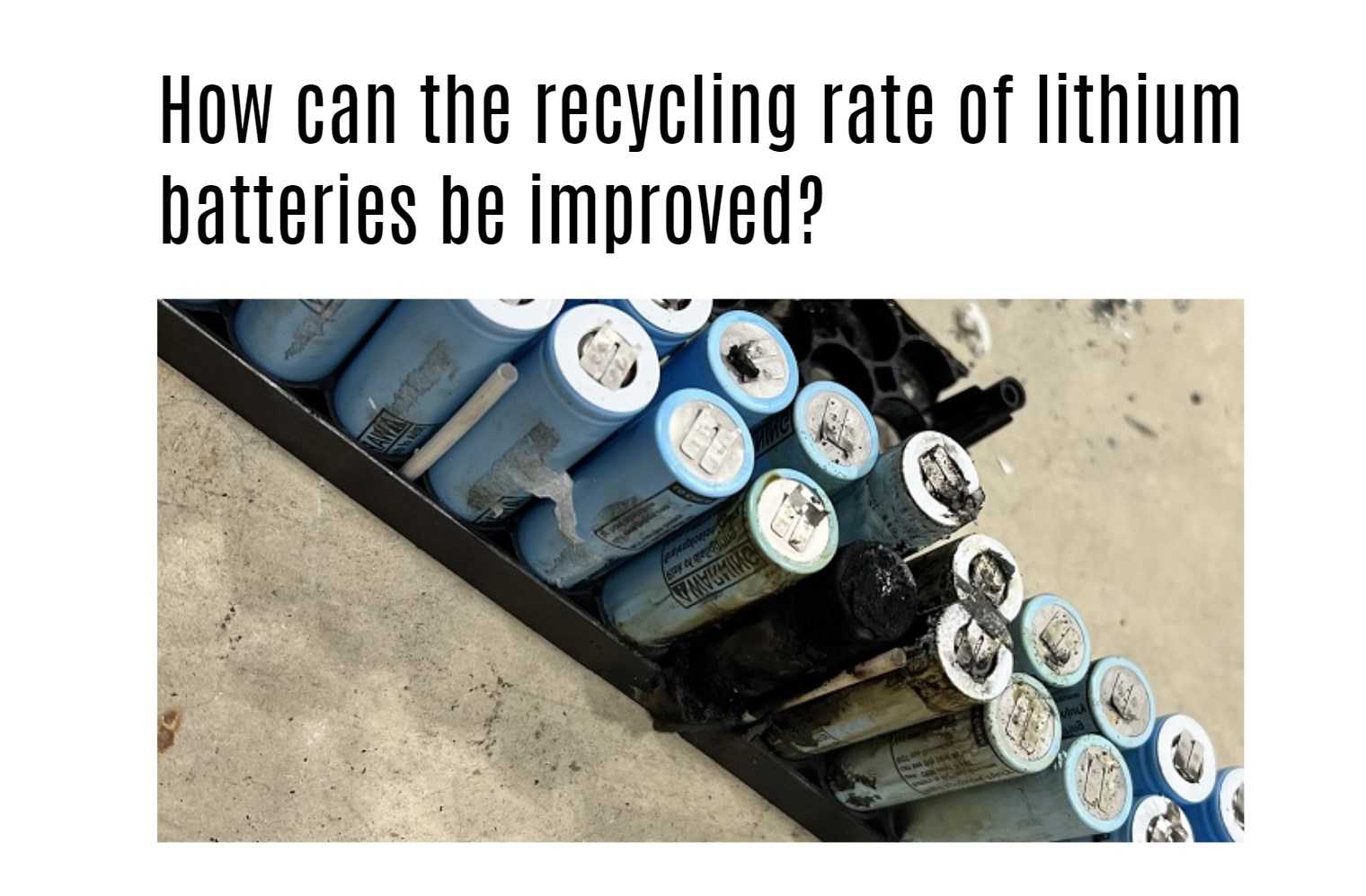In an era where technology is advancing at breakneck speed, the reliance on battery-powered devices has become ubiquitous. Lithium and alkaline batteries have emerged as the frontrunners in the market, yet a closer look reveals that lithium batteries stand out as the superior choice in terms of performance and efficiency. This comprehensive article delves into the myriad advantages of lithium batteries, positioning them as the clear winner in the battery showdown.
Superior Energy Storage and Lifespan
Lithium batteries are renowned for their exceptional energy storage capabilities, a trait attributed to their lithium cells. Available in both primary and secondary forms, they boast a higher energy density compared to other battery types. This advantage becomes even more pronounced when contrasted with alkaline batteries, which, despite being the more common and standard option, are quickly outperformed by lithium in terms of lifespan. Lithium batteries maintain their capacity over a significantly longer period, offering a lifespan four times longer than that of alkaline batteries.
Voltage and Weight: A Winning Combination
The voltage range of lithium batteries, which operates at 1.5 to 3.0 volts per cell, is ideal for high-functioning electronics, setting them apart from alkaline batteries with a nominal voltage of 1.5 volts per cell. Additionally, lithium batteries are lighter, making them the go-to choice for portable devices where weight is a critical factor.
Wholesale lithium golf cart batteries with 10-year life? Check here.
Energy Holding Capacity and Operating Temperature
Lithium batteries can hold high energy levels for extended periods, a feature that alkaline batteries struggle to match. Furthermore, their ability to perform well in cold temperatures makes lithium batteries the ideal choice for outdoor use, unlike alkaline batteries which suffer from a lower operating temperature range and may underperform in cold climates.
Rechargeability and Internal Resistance
Both alkaline and lithium batteries are available as rechargeable secondary cells, but lithium batteries offer a longer lifespan and are more durable. Their lower internal resistance ensures a constant energy level for longer durations, unlike the higher internal resistance of alkaline batteries, which leads to a lower voltage output.
Want OEM lithium forklift batteries at wholesale prices? Check here.
Environmental Considerations and Disposal
While the environmental impact of both battery types is a concern, lithium batteries require disposal in authorized facilities due to the potential environmental toxins they emit when exposed to high temperatures. In contrast, non-rechargeable alkaline batteries can be disposed of with regular trash, as they do not contain harmful materials.
Top Questions and Answers for Energy Storage and Solar Practitioners
Understanding the nuances of lithium batteries is crucial for practitioners in the energy storage and solar industries. The following Q&A session addresses common queries, providing insights into the advantages of lithium batteries in energy storage systems, their cost-effectiveness, safety considerations, and disposal regulations.
- Longevity and Energy Capacity: Lithium batteries offer a longer lifespan and higher energy holding capacity, making them superior for varying temperatures compared to other battery types.
- Cost-Effectiveness in Solar Applications: Despite a higher upfront cost, lithium batteries prove more cost-effective in the long run due to their extended lifespan and performance.
- Suitability for Energy Storage Systems: Alkaline batteries are not recommended for energy storage systems due to their shorter lifespan and lower energy holding capacity.
- Safety in Solar Installations: Proper handling, storage, and disposal of lithium batteries are essential to prevent hazards such as overheating and environmental contamination.
- Rechargeability of Alkaline Batteries: Non-rechargeable alkaline batteries should never be recharged to avoid leakage, overheating, or explosion.
- Regulations for Disposal: Specific regulations for lithium battery disposal exist to mitigate their environmental impact.
- Performance in Extreme Temperatures: While designed for a wide temperature range, extreme temperatures can affect lithium battery performance.
- Alternatives to Lithium Batteries: Emerging technologies such as flow batteries and solid-state batteries are being developed as potential alternatives to lithium.
- Use with Solar Panels: Alkaline batteries are suitable for low-energy applications with solar panels, but lithium batteries are recommended for higher energy storage requirements.
- Improving Recycling Rates: Awareness and accessibility of proper recycling facilities, along with stricter regulations, can enhance lithium battery recycling rates.
Conclusion: The Future of Energy Storage Lies with Lithium
In conclusion, lithium batteries offer significant advantages over alkaline batteries in terms of lifespan, voltage, weight, energy holding capacity, and operating temperature. While alkaline batteries may appear more cost-effective initially, the long-term benefits and performance of lithium batteries cement their position as the superior choice for energy storage and solar applications. As the technology continues to evolve, lithium batteries are poised to lead the way in the future of energy storage solutions.







